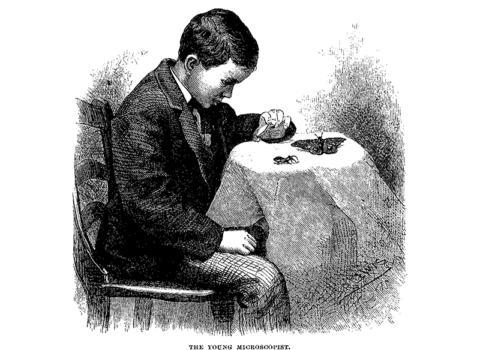“Small” Disasters
“Comparisons are odious,” according to some of the greatest minds in history, so it could be risky to compare disasters when people are dying in Ukraine. Yet, while the world is paralyzed by Vladimir Putin’s gratuitous and horrifying war, we can still lament the desperate situation other people face in other places. The damage done to Kyiv and Mariupol is visible to the naked eye, but many other horrors continue in the shadows when a big crisis takes over the media. These “small” disasters are still happening everywhere, even though for the time being, Putin has dwarfed all of them—and the lack of attention to less publicized crises is collateral damage due to the Russian invasion.
Thus, the greatest disaster of our decade (for many)—climate change—has practically disappeared from the public debate. And in February—just before Putin’s assault on Ukraine—I found myself confronted again by the eternal crisis of my journalistic career, the Israeli–Palestinian conflict. It came in the form of an open letter—a cry of anguish—by Salah Hamouri, a Franco-Palestinian lawyer. From his corner of Jerusalem, he has been waging a prolonged fight against the Israeli state on behalf of his Arab comrades to maintain some kind of legal residence in the disputed Israeli capital.
In 2005, Hamouri was accused of participating in an assassination plot against Ovadia Yosef, the former Sephardic Chief Rabbi of Israel and a founder of the religious Shas political party. After three years of detention, Hamouri was sentenced to fourteen years in prison. Despite maintaining his innocence, he eventually pleaded guilty in exchange for a reduced prison sentence of seven years. Hamouri, who was finally freed in 2011 as part of an exchange of 1,027 Palestinian prisoners for an Israeli soldier detained by Hamas, began a persistent campaign against military and civilian authorities—even though he is barred from crossing the border from East Jerusalem into the occupied West Bank, and has been separated from his French wife and their two children. (She is no longer allowed to enter Israel.)
I do not feel qualified to judge Israeli accusations against Hamouri, but I learned a lot from his letter of February 11 that came to me via my friend Rony Brauman, a native of Jerusalem and the former president of Doctors Without Borders. My political leanings have always placed me on the side of the Palestinian cause. Nevertheless, my thoughts on the subject remain ambiguous, because although I’ve only ever known one Palestinian well, Edward Said, the acclaimed scholar, whom I published and admired, I’ve had many more ties to Israelis throughout my life—and American supporters of Israel—with points of view spanning the political spectrum.
Even so, Hamouri’s call for help, written in French, affected me deeply. It told of how his residency permit for Jerusalem (he’s not considered Palestinian or an Israeli) was “invalidated” by the interior ministry on 18 October: “Why? Because a law passed by the Knesset in 2018 decreeing that Israel was a ‘nation-state of Jewish people’ led to an outrageous consequence: the duty of allegiance from all citizens living in Israel. For them, Jerusalem is Israel…I cannot accept what they call a ‘duty of allegiance.’ It makes no sense. I’m a member of an occupied people and the law is on my side, which consists of the right to refuse any occupation and which sanctions the right of resistance.”
To be sure, Israeli legal logic here is weak, given that Hamouri isn’t an Israeli citizen. But “the right to resistance” is not recognized either by the Russians in Ukraine or by Israelis in East Jerusalem: faced with the logic of brute power, Hamouri’s protest poses an illogical argument. Hamouri says that “to stay is already to resist,” so he refuses to leave his birthplace and live in France. Is it then logical that he was arrested again on March 7 and placed in administrative detention by a military court without any specific charge? The Israelis certainly think so.
I’m currently reading Prophets without Honor, the new book by Shlomo Ben-Ami, who was the Israeli foreign minister in 2000 and a key witness to the historic failure of the Camp David II Summit, which in effect ended the possibility of a “two-state solution.” It’s worth reading this book carefully—Ben-Ami calls it an “obituary” of peace attempts—in order to grasp the extent of the tragedy of the Palestinian people and understand how the best chance at a resolution failed. Are there lessons to be learned for Ukraine?
The current Israeli prime minister, Naftali Bennett, is supposedly trying to act as a mediator between Vladimir Putin and Volodymyr Zelensky. On March 21, Zelensky implored members of the Knesset to choose “between good and evil” and to side with Ukraine, comparing Hitler’s “final solution” for the Jews to Putin’s military campaign. Is it too much to hope that Bennett, who is suspected of favoring Putin over Zelensky, will instead make an effort to resolve the violent oppression in his own country?



